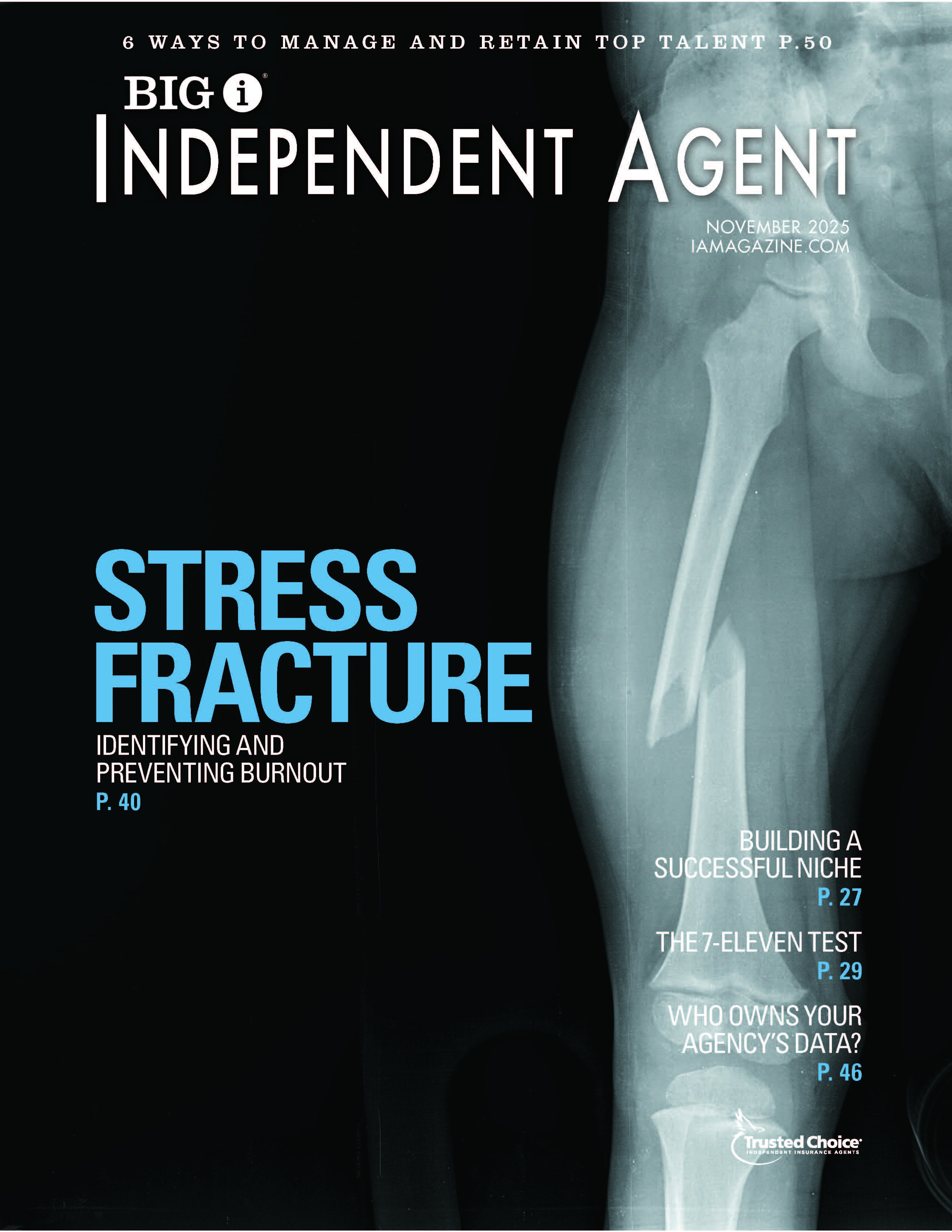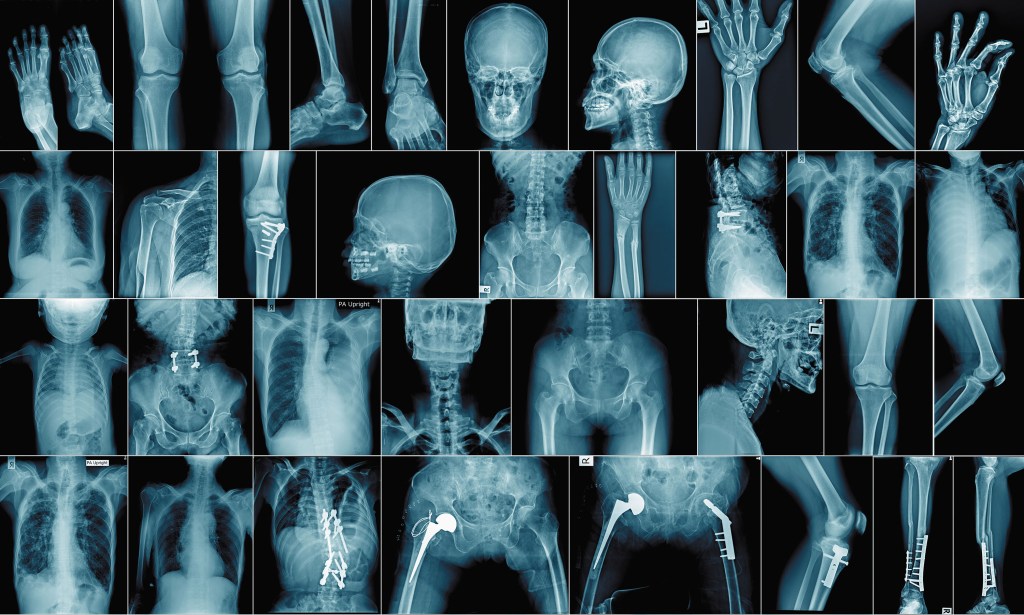Terrorism Insurance Top of Mind in 2013
By: Margarita Tapia
| In response to the Sept. 11, 2001, attacks and the ensuing inability of the commercial property-casualty insurance markets to underwrite the risk associated with such massive and unpredictable acts of violence, in 2002 a bipartisan Congress passed the Terrorism Risk Insurance Act (TRIA) and President George W. Bush swiftly signed it into law. The Big “I” was heavily engaged in the debate during the difficult months that followed the attacks and promoted the program’s main goals of ensuring that this needed coverage is both affordable and available to commercial policyholders. The TRIA program was reauthorized with reforms in 2005 and 2007 and is due to expire on Dec. 31, 2014. The Big “I” continues to work with Congress and other decision makers in Washington, D.C., to ensure that consumers and the industry are as prepared as possible should another tragedy occur. On the 11th anniversary of the terrorist attacks last year, the U.S. House of Representatives Committee on Financial Services held a hearing regarding the TRIA reauthorization and reform process. The Big “I” was the only agent and broker group invited to testify; the association presented a message largely consistent with the rest of the property-casualty industry panelists regarding the future of terrorism risk insurance. During the hearing, Jon Jensen, an independent agent from South Carolina and Big “I” Government Affairs Committee chairman who represented the association, discussed many of the challenges the insurance industry faced before TRIA and the risks to the economy if the program is allowed to expire with no public policy solution in its place. “In short, [the Big ‘I’ believes] the termination of TRIA would have destabilizing effects on the economy in many regions of the country,” Jensen said. The Big “I” believes that TRIA has worked well and that some form of limited federal involvement is still needed to maintain a stabilized and viable market for terrorism insurance. The TRIA program operates as a public-private partnership in the form of a federal reinsurance backstop. In exchange for the backstop, insurers must make terrorism coverage available to commercial policyholders. Should the backstop be needed, the program has numerous cost-sharing provisions designed to limit the federal government’s exposure, protect taxpayers and maximize private sector involvement. Most experts believe that the public-private partnership has continued to work well to stabilize the commercial insurance marketplace that underpins the U.S. economy. As the most recent TRIA authorization nears expiration, the threat of a terrorist attack remains and the private market’s inability to underwrite the catastrophic, and unpredictable risk associated with potential attacks still exists largely due to a lack of access to data involving national security. Accordingly, the Big “I” continues to support a public policy solution which would ensure the continued affordability and availability of terrorism coverage for the small and large businesses that independent insurance agents and brokers serve. The Big “I” continues to work with Congress and stakeholders to develop long-term solutions to the current inability of the private commercial property-casualty market to fully insure against terrorism risk. Given current budgetary challenges and political dynamics, the TRIA program reauthorization is not expected to be an easy battle with months of debate ahead. Margarita Tapia is Big “I” director of public affairs. | Agents to Discuss TRIA in Congressional Meetings As the process of reauthorizing the TRIA program continues and with so many important issues on the table, it’s more urgent than ever for every state to have a strong presence at the Big “I” Legislative Conference, April 17–19, in Washington, D.C. On Thursday, April 18, hundreds of agents will visit Capitol Hill for the highly anticipated lobbying day. During this annual pilgrimage, Big “I” members will brief members of the House, Senate and their staff on important topics that directly impact insurance consumers and small businesses, like many Big “I” agencies and their clients. Big “I” agents are in every congressional district and are active in their communities as business, civic and philanthropic leaders. For more information and to register for the association’s largest annual gathering, go to independentagent.com and select the Events and Conferences link, or call 800-221-7917. —M.T. |










